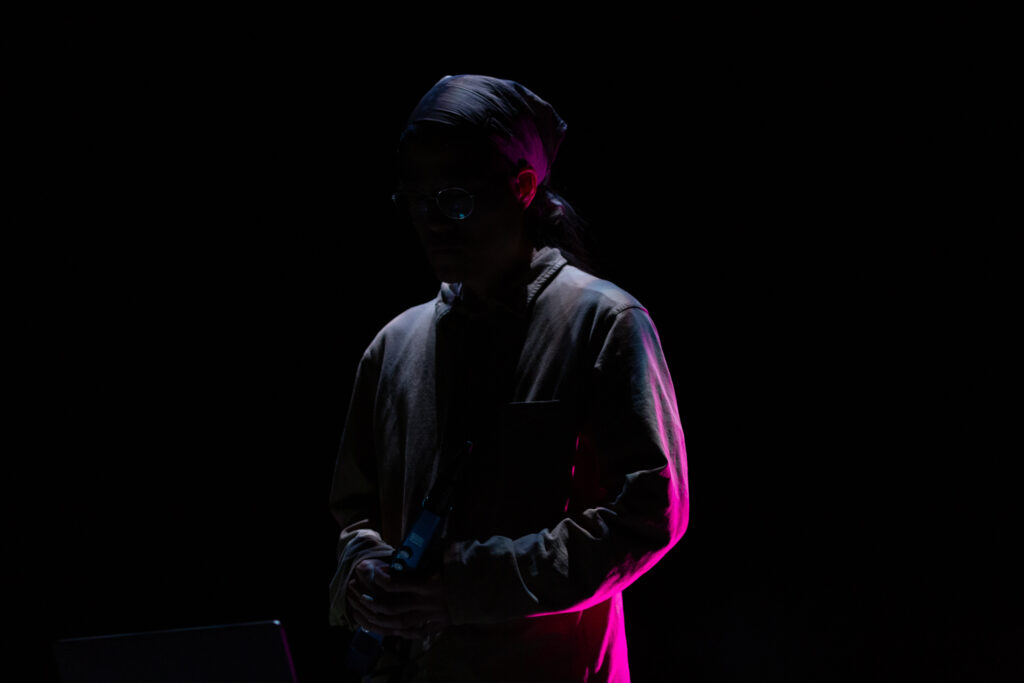
Sex Workers’ Festival of Resistance
A Festival supporting the struggle for Sex Workers’ Rights: share knowledge, discuss, dance and strategise!
Arika have been creating events since 2001. The Archive is space to share the documentation of our work, over 600 events from the past 20 years. Browse the archive by event, artists and collections, explore using theme pairs, or use the index for a comprehensive overview.

A Festival supporting the struggle for Sex Workers’ Rights: share knowledge, discuss, dance and strategise!

A preposterously heavy, eye of the storm musical tug of war, in which two drummers, electronics and electric guitar fall over each other in a droning crush.

To Rococo Rot member Robert Lippok performing for the first time in the UK with his solo project.

Sonic ‘observations’ of the world, through micro recordings on a tiny scale and transformed into something musically compelling.

A dense materialist experience at the limits of contemporary computer music, drawing on Korean Shamanism and Communism; striving to create a strange new vibration to the world that seems to contain the seed of everything.

Jean-Luc Guionnet will be giving a talk as part of the music department’s ongoing series of colloquia.

A back and forth between Fred and Fernando on the transits and obstructions between mathematics and poetics, and how both help us to think from the other side.